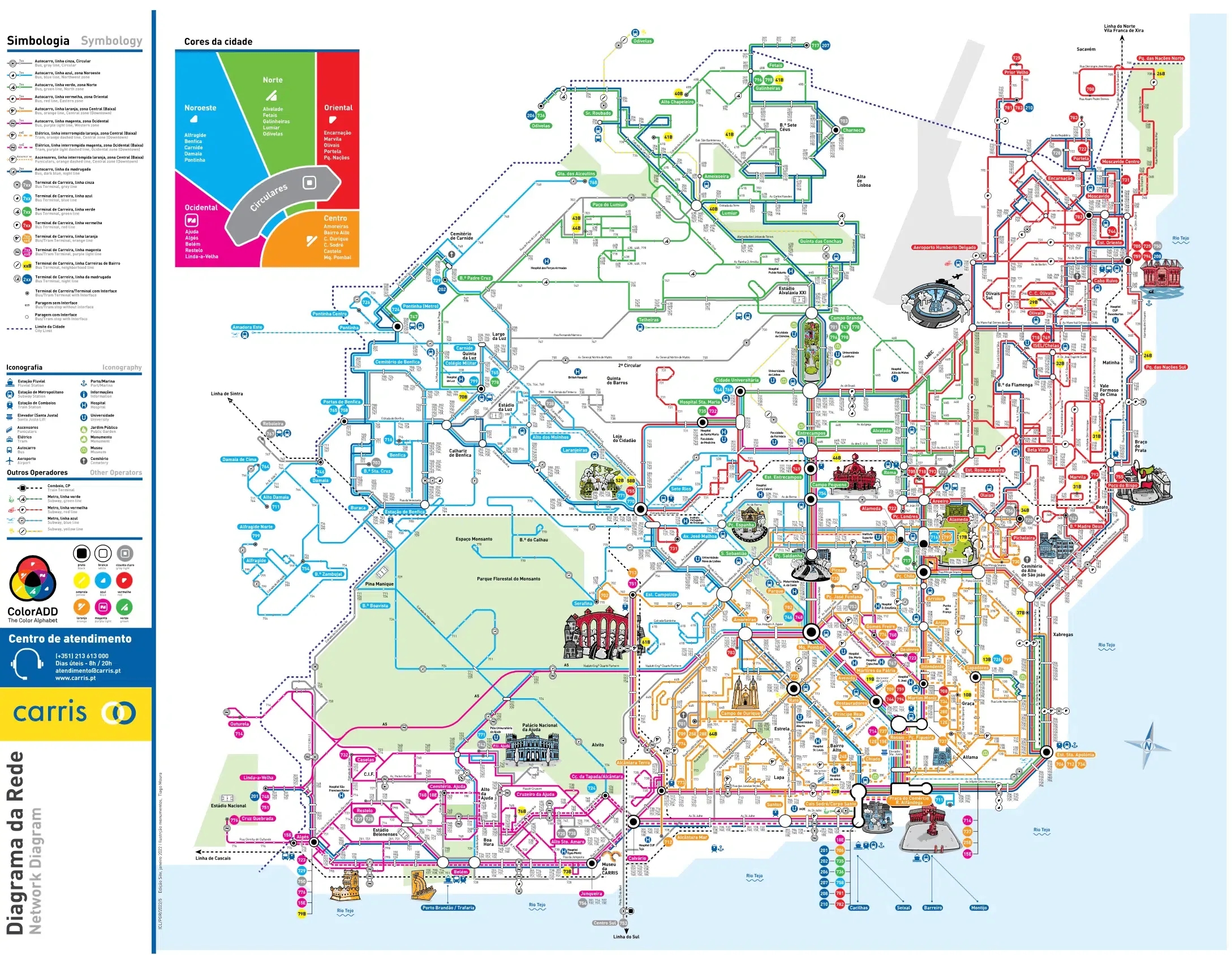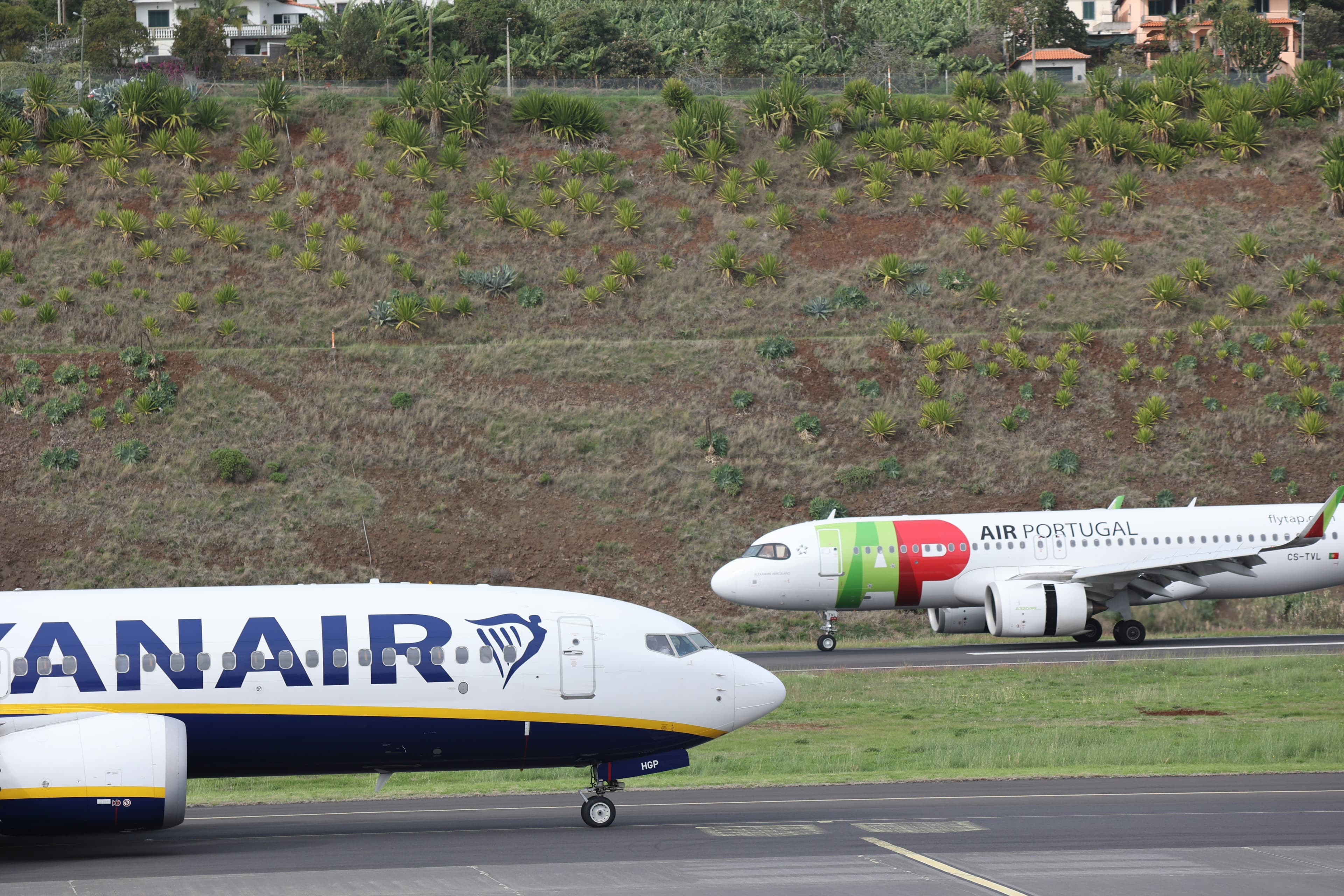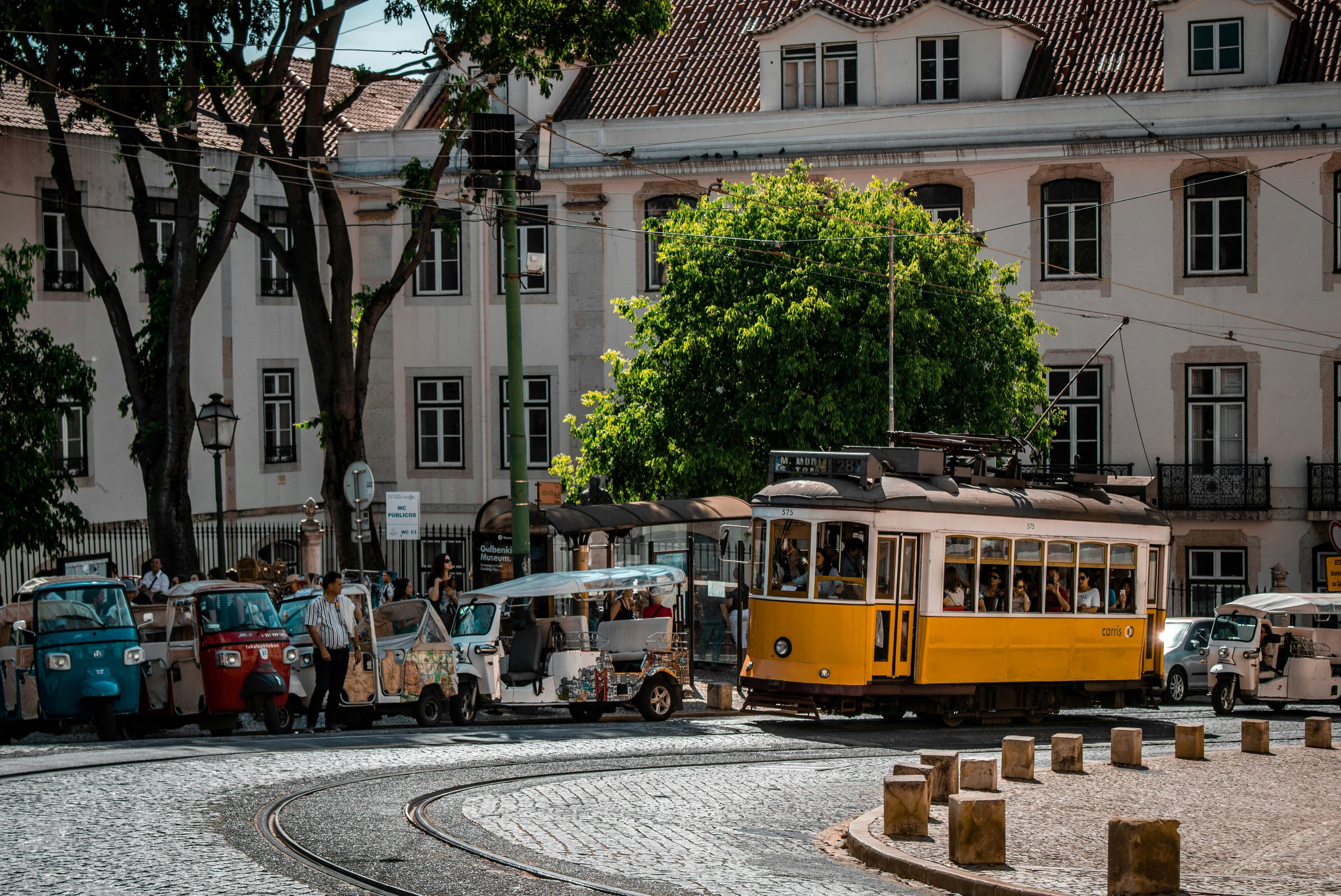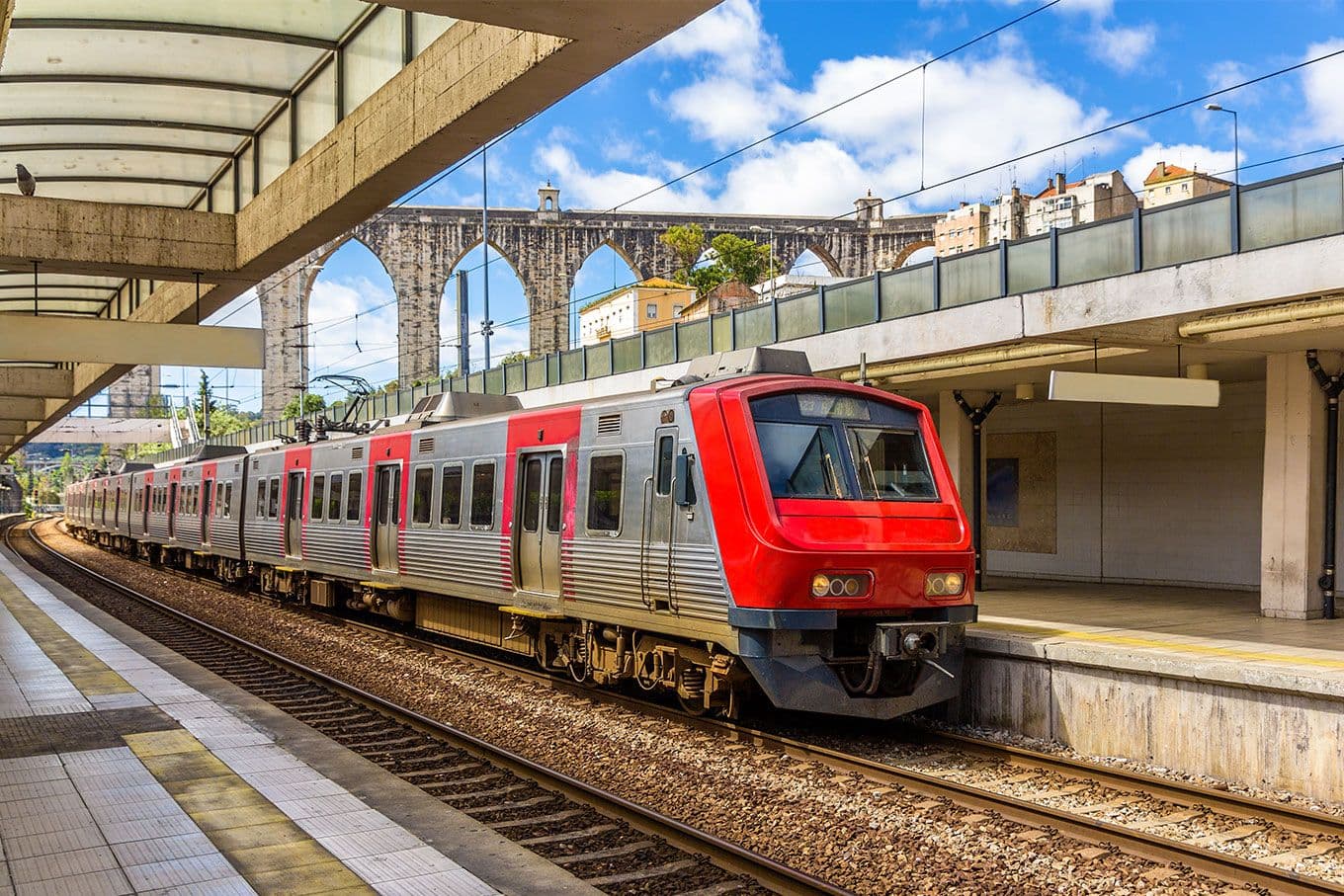
Transport Cards (Viva Viagem, Andante) Explained
Understanding Portuguese transport cards to travel smartly in Lisbon and Porto, without stress or confusion.
Travelling in Portugal also means learning how to move smoothly through its transport systems. In both Lisbon and Porto, two main cards rule the urban networks: Viva Viagem and Andante. Both appear simple, yet they can be confusing for newcomers. Here’s a clear guide to help you understand how they work and avoid common day-to-day mistakes.
Lisbon and the Viva Viagem Card
The Viva Viagem card is the key to all public transport in Lisbon. It allows you to use the metro, buses, trams, and even some suburban trains and ferries.
It’s a rechargeable green plastic card, valid for one year from its first use. It costs €0.50 and can be topped up easily at metro stations, ticket offices, or automatic machines.
The idea is simple: you load the card according to the type of fare you want. There are three main options:
- A single ticket or return ticket for one trip.
- A 24-hour pass, which lets you travel freely for 24 hours on the entire urban network (around €6.80).
- The Zapping option, the favourite of locals and expats, which works like a prepaid card. You load an amount (between €3 and €40), and each journey is automatically deducted based on the transport used.
The main advantage of Zapping is flexibility: it works on the metro, Carris buses, trams, and even suburban trains (such as those to Cascais or Sintra). No need to juggle multiple tickets — everything is centralised on one card.
However, there’s one important detail: a Viva Viagem card can only hold one type of fare at a time. If you load a 24-hour pass, you can’t add Zapping credit until that pass expires.

© lisboheme
Lisbon-specific Details
Tourists love the charm of the yellow trams, and these historic lines (like the famous 28E) are included in the Viva Viagem system. It’s a great way to ride them without paying the full onboard price.
Another advantage: the Carris-Metro network offers smooth connections between metro, buses, and trams. An integrated journey is possible as long as you validate your card at each transfer and the connection occurs within 60 to 90 minutes of the first validation.
For longer stays, there’s also the monthly Navegante card, more suitable for residents, but Viva Viagem remains perfect for travellers or newly arrived expats.
Porto and the Andante Card
In the Porto region, the Andante card rules public transport. The principle is similar to Lisbon, but the organisation is slightly different.
The Andante card gives access to the metro, buses, urban trains, and even some modern trams. It comes in two formats: the Andante Azul, a disposable card, and the Andante Tour, reusable and practical for longer stays.
Pricing in Porto is based on zones (called Z1, Z2, etc.). The farther you travel, the more zones you cross. A trip within a single zone costs about €1.30, while one covering several zones can reach €2.80.
It’s important to validate the card every time you enter the metro or a bus. The validation machines are yellow, and a green beep confirms the card is active.
The Andante Tour offers 24-hour or 72-hour passes, very convenient for exploring the city without worrying about the number of trips. It works across the entire Andante network, including the metro that connects to Porto Airport.
Key Differences Between Lisbon and Porto
Although both systems are similar, Lisbon and Porto have their own specifics.
Viva Viagem is designed for flexibility and pay-as-you-go recharging, while Andante follows a zone-based model.
In Lisbon, Zapping allows you to use several networks with a single balance. In Porto, each journey depends on the number of zones crossed.
The cards are not interchangeable: a Viva Viagem card is not valid in Porto, and an Andante card will not work in Lisbon.
But in both cases, the idea is the same: to simplify travel and encourage the use of public transport — cheaper and more sustainable for daily life.
Tips for Using the Card
- Always validate before every trip, even when transferring.
- Keep the same card: it’s reusable and valid for one year.
- Avoid folding or wetting the card: it contains a sensitive chip.
- Top it up in advance, especially during rush hours, to avoid queues.
- Check your balance regularly: machines always display the remaining amount after validation.
Conclusion
Viva Viagem and Andante represent a discreet but essential modernity in Portuguese urban life. These cards make mobility easier, reduce stress, and allow you to explore cities in a smooth, economical, and eco-friendly way.
Learning how to use them is already a step toward living like a local. And between two rides, they become a small symbol of everyday Portuguese life: practical, simple, and well thought out.
Share this article
Suggested articles

Uber, Bolt & Taxis: How to Move Around Efficiently
Getting around Portugal has never been easier. Between traditional taxis, ride-hailing apps like Uber and Bolt, and local alternatives, the country offers a wide range of options to travel comfortably, whether you are a resident, tourist, or expat. But each solution has its advantages, fares, and particularities. Here’s a guide to understanding how to move around efficiently every day, from Lisbon to Porto, without stress.

Long-Distance Buses: Rede Expressos, FlixBus and Other Companies
Travelling by bus in Portugal has become, in recent years, a true alternative to trains or cars. Between national routes and international companies, the network is dense, efficient, and often very affordable. Rede Expressos, FlixBus, Alsa, and CitiExpress crisscross the country from north to south and also connect major European capitals. Here’s a guide to understanding how these companies work and why they appeal so much to travellers and expats alike.

TAP Air Portugal : the national airline between tradition and modernity
Picture this: you’re boarding a plane painted in Portugal’s colors, bound for Lisbon or Porto, and your adventure is already beginning! Because yes, choosing Portugal’s national airline isn’t just about the flag on the tail, it’s also (and above all) about history, a touch of Portuguese charm, and some surprisingly good opportunities. Here’s my little tour of TAP Air Portugal what you should know, why it’s worth considering, and a few insider tips to keep handy!

Ferries and Boats: Crossings in Lisbon, Algarve and the Azores
Portugal isn’t discovered only by road or rail. Bordered by the Atlantic Ocean and crossed by majestic rivers, the country also offers an extensive network of ferries and maritime connections linking cities, beaches, and islands.

Tram 28 in Lisbon : useful or tourist trap?
Ah, Tram 28… that little yellow tram winding its way through Lisbon’s narrow streets, wooden cabin, squeaky brakes, sharp turns… I’m pretty sure you’ve already seen it (at least in a photo!). But here’s the real question : is it truly a must-do, or just another tourist cliché to tick off before moving on ? Let’s talk about it, the highlights, the “watch out” moments, and how to really make the most of it.

Traveling by Train with Comboios de Portugal : smart, comfy… and often cheaper than you’d think
You’ve had that moment, right ? The urge to escape routine, change scenery, hop on a train, and just arrive somewhere, gazing out the window instead of staring at a screen or gripping a steering wheel. Well, good news: if you’re in Portugal (or planning a sunny getaway), Comboios de Portugal (or CP for short) is your new best friend. Super practical, surprisingly affordable, and yes, I’ll show you how to make the most of it.


